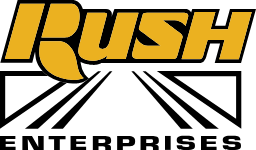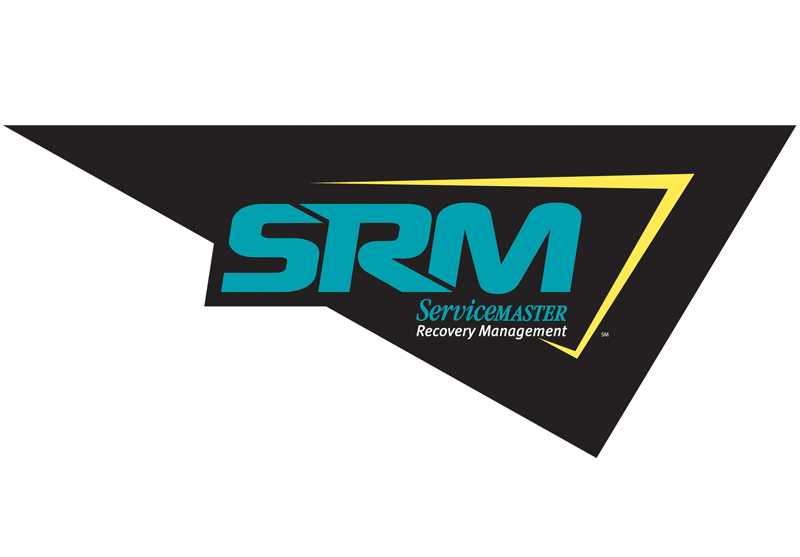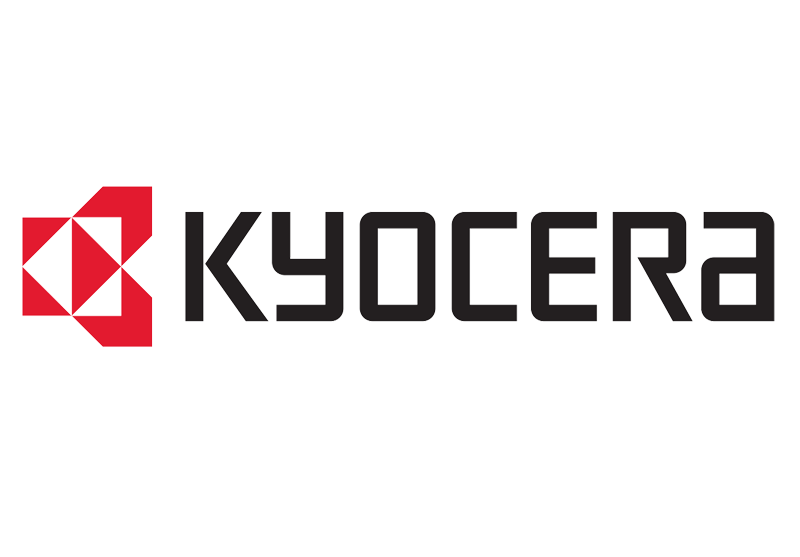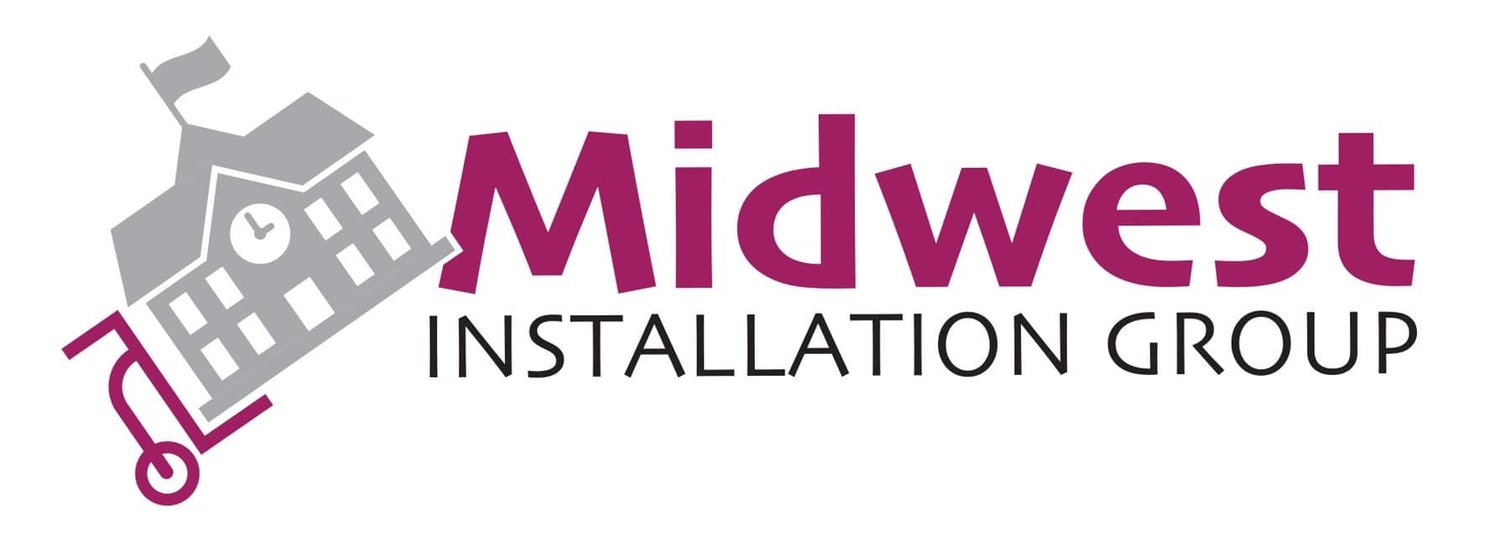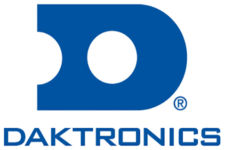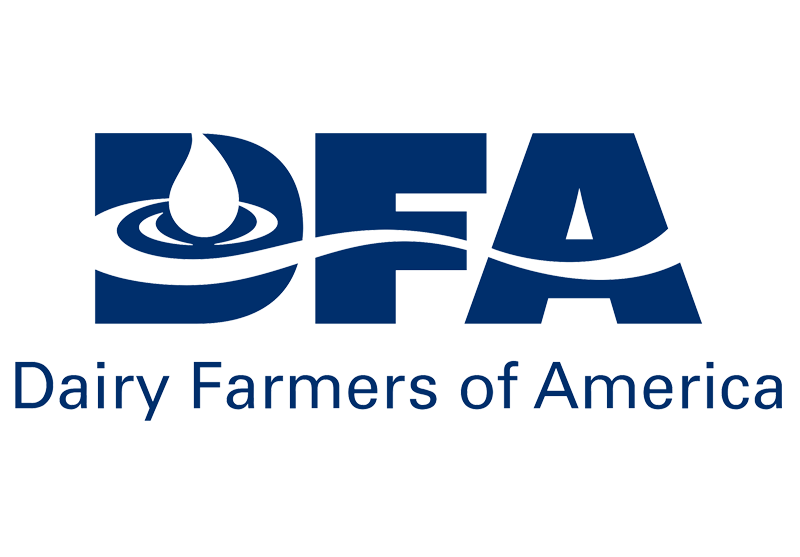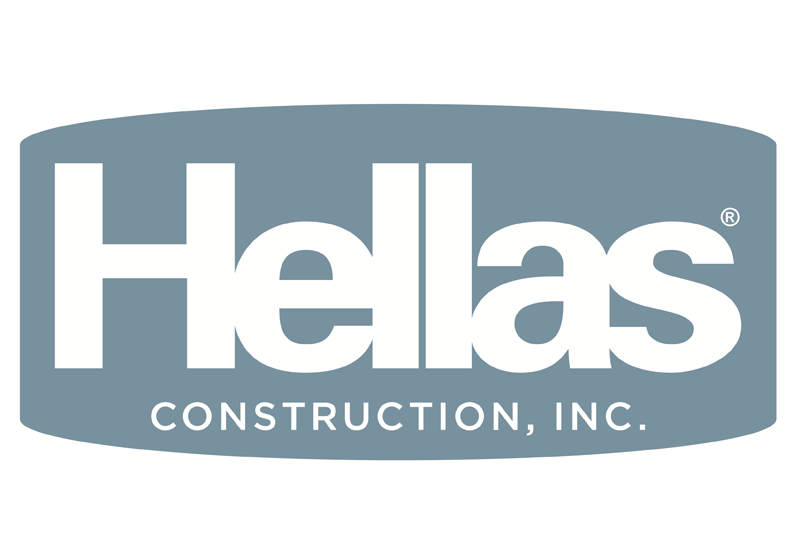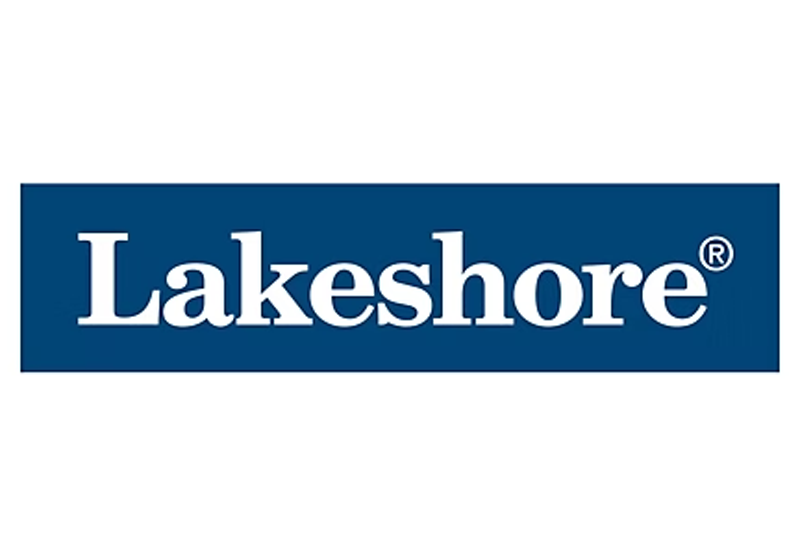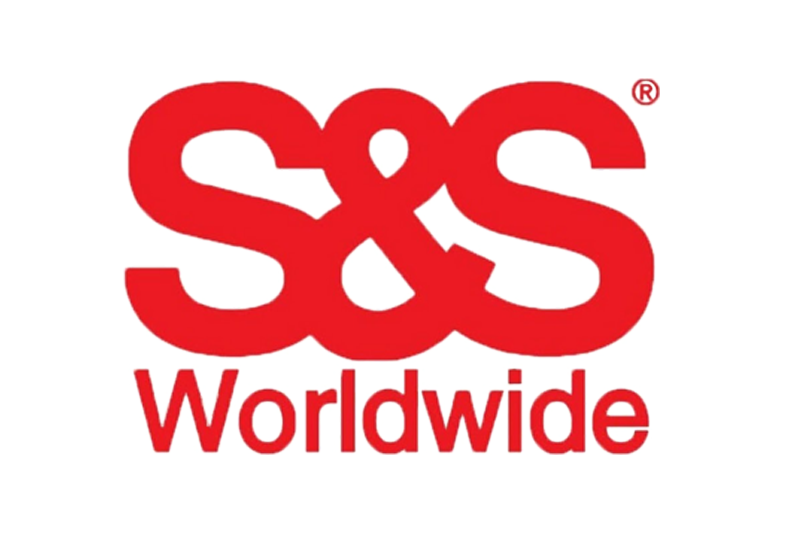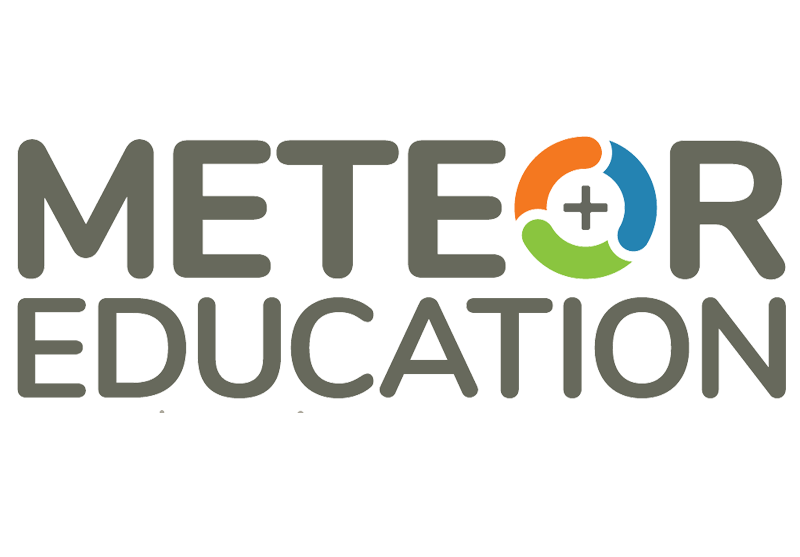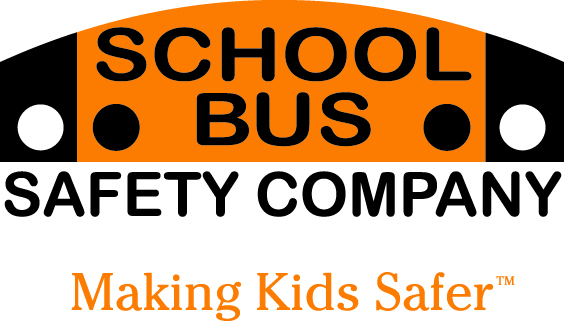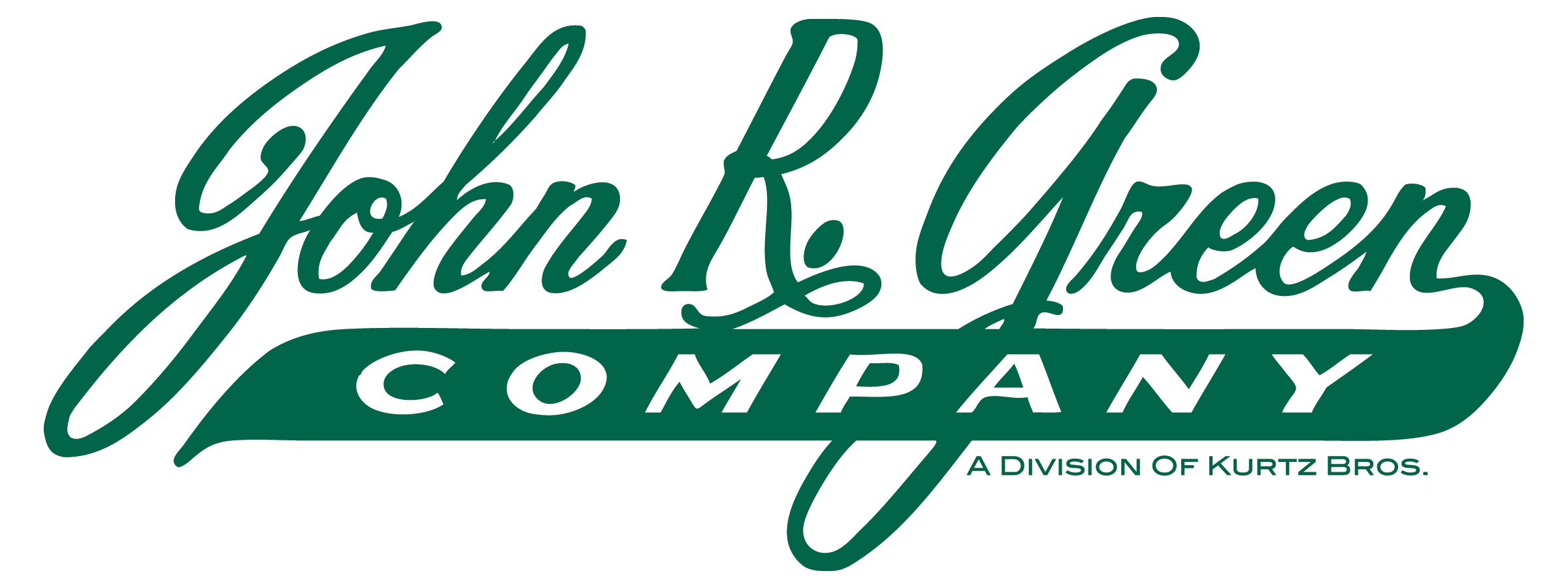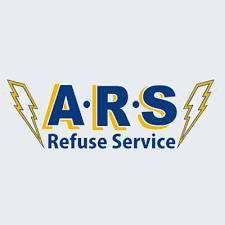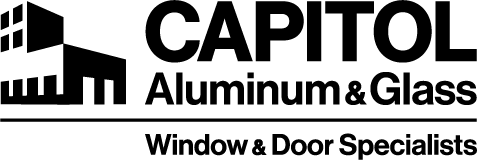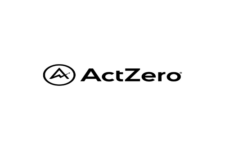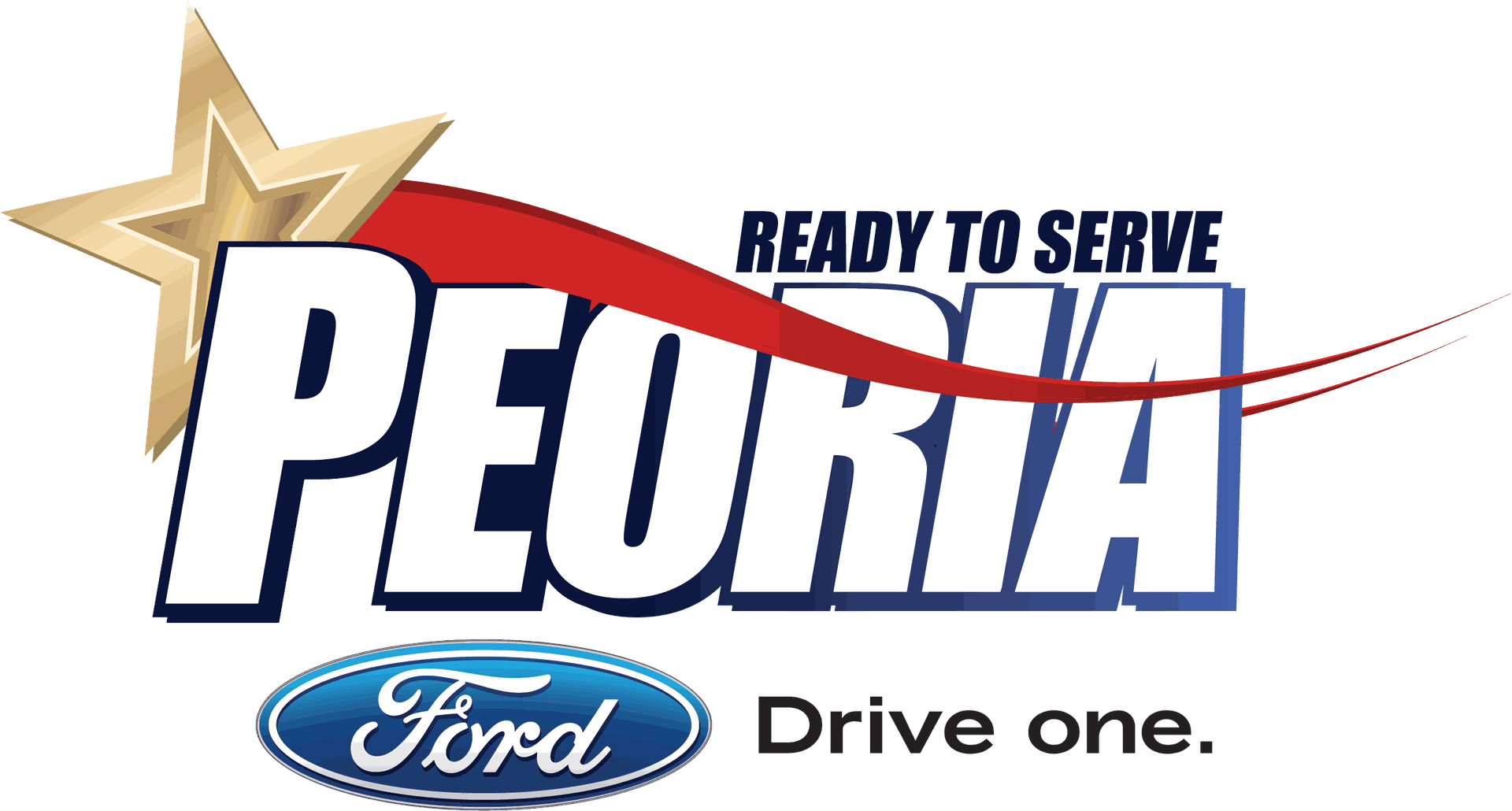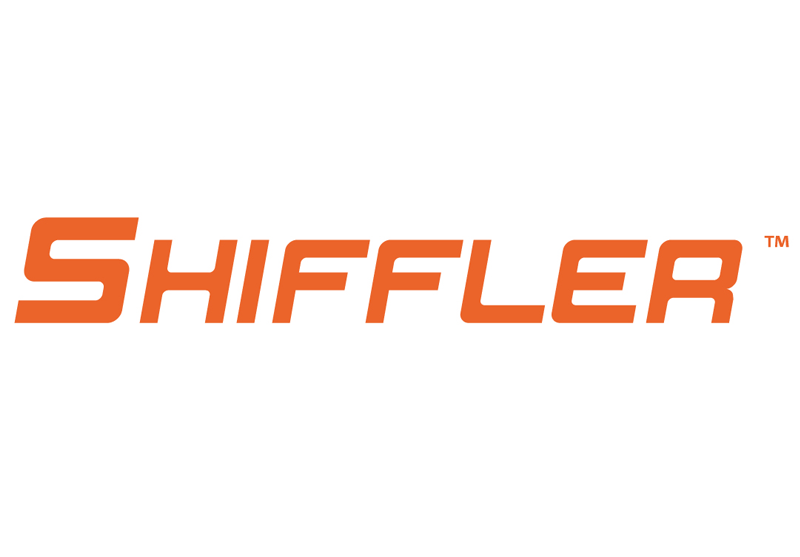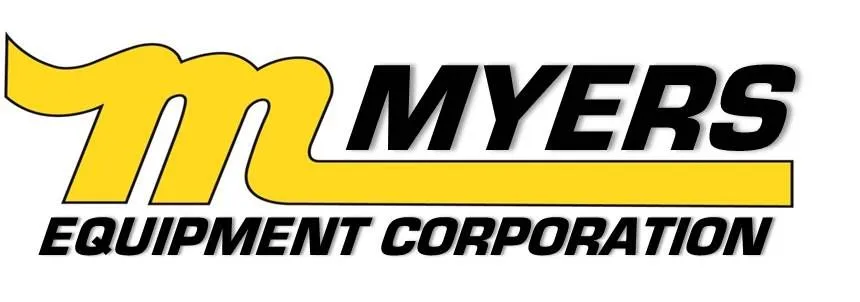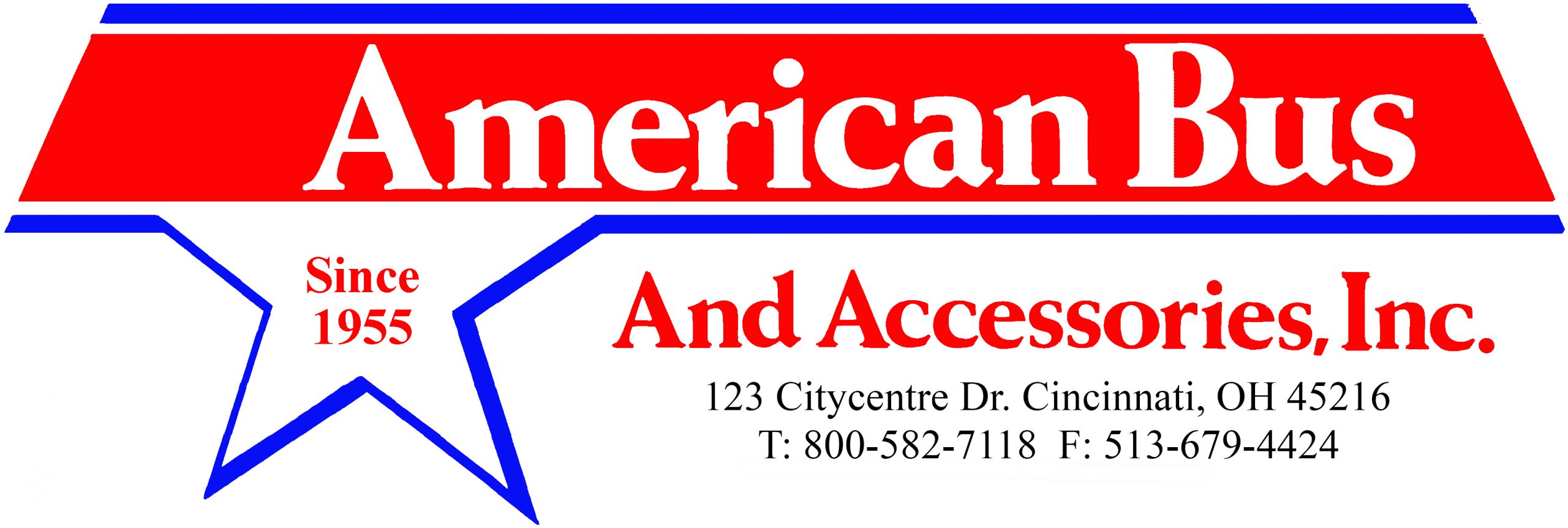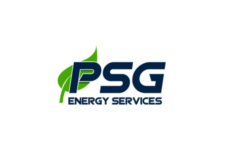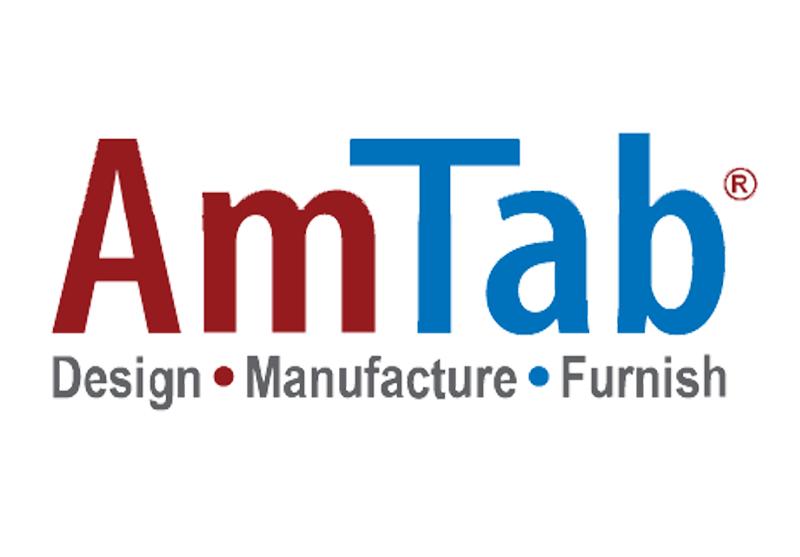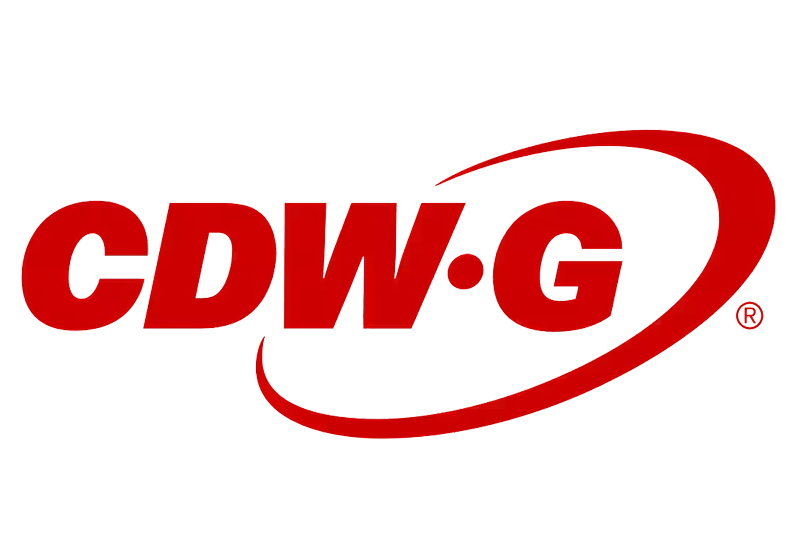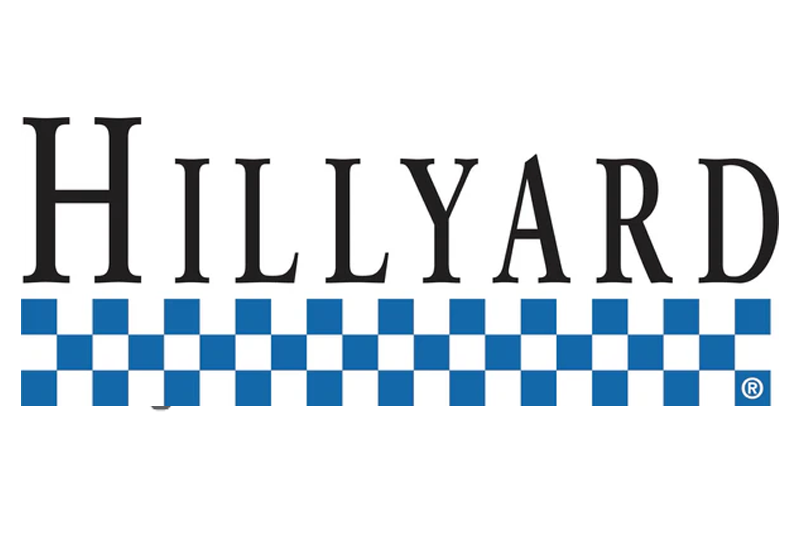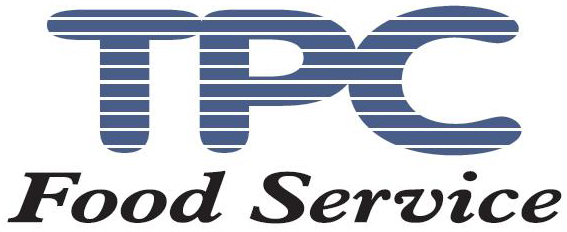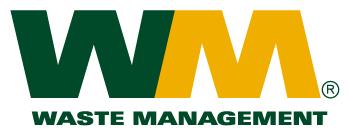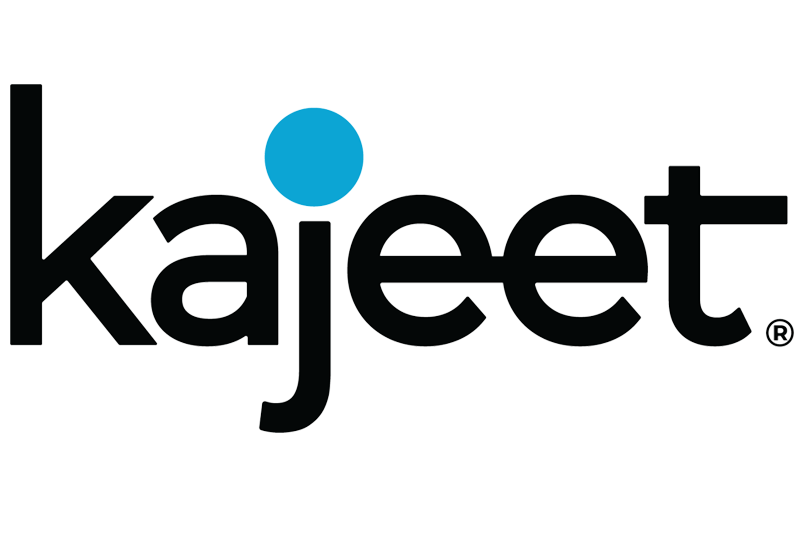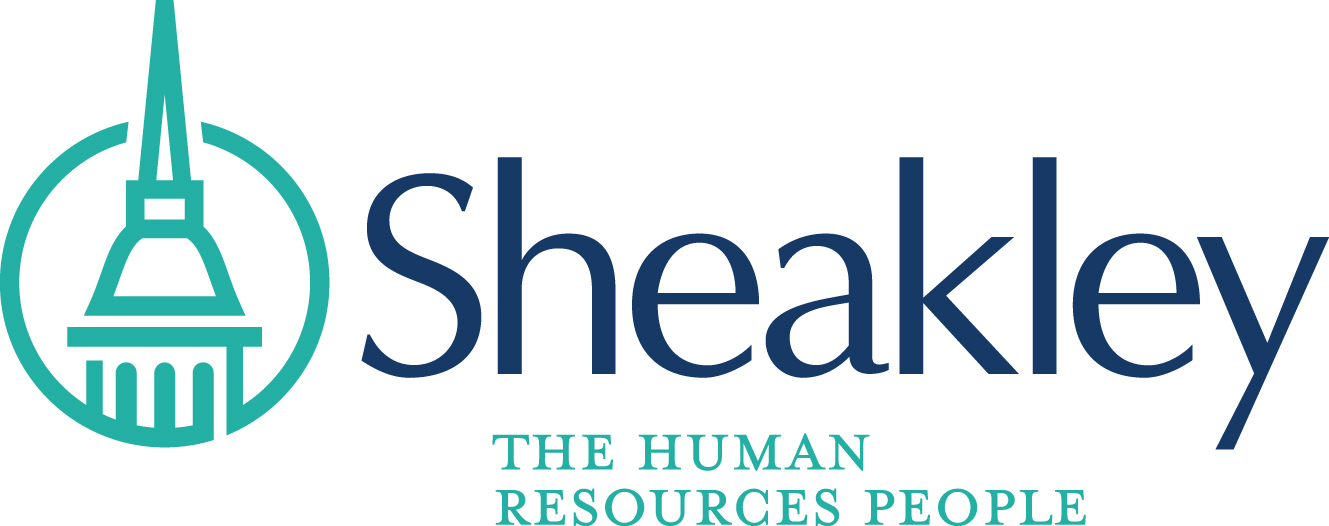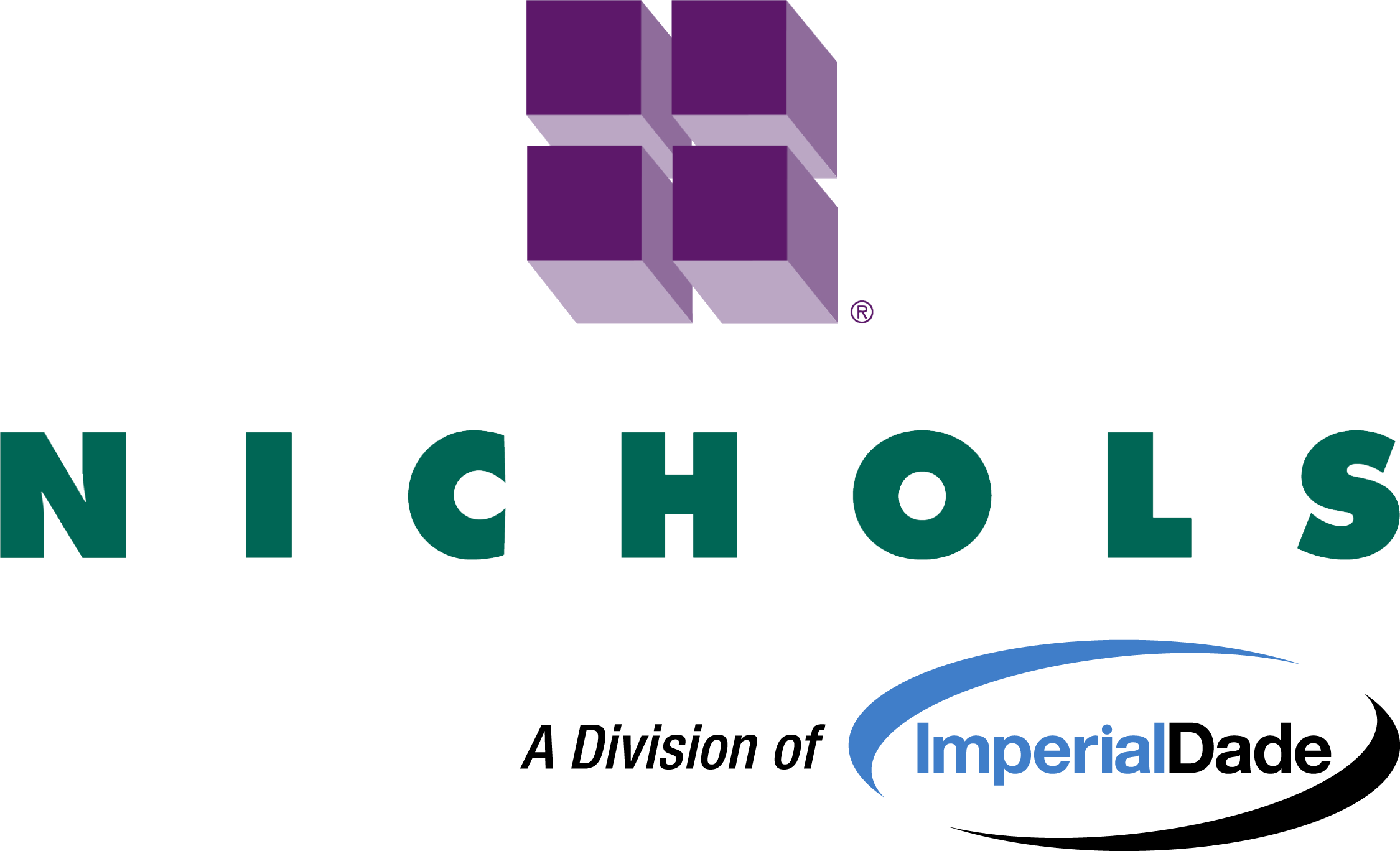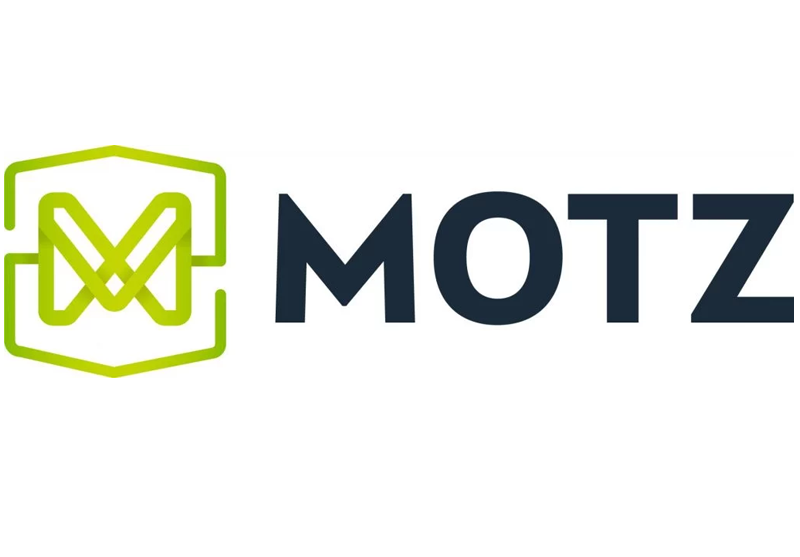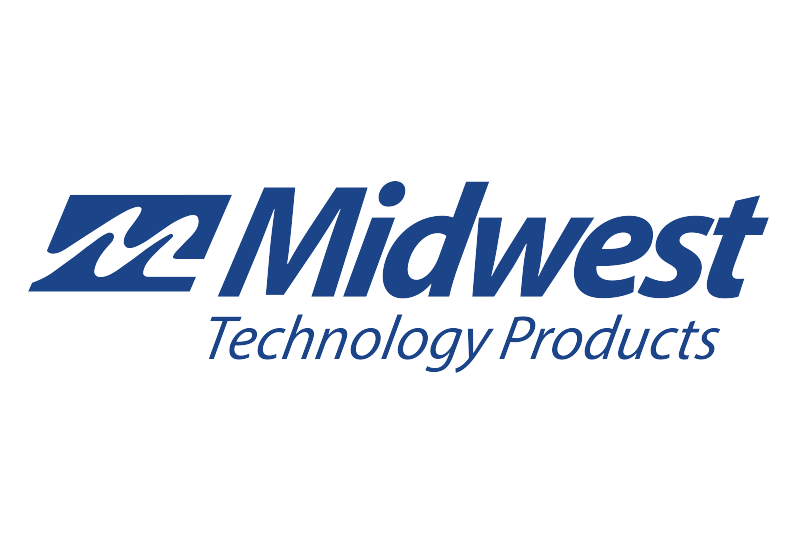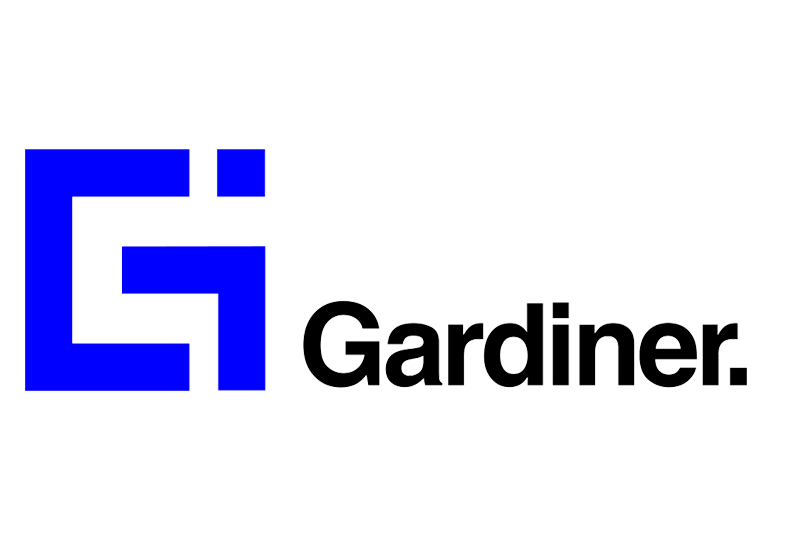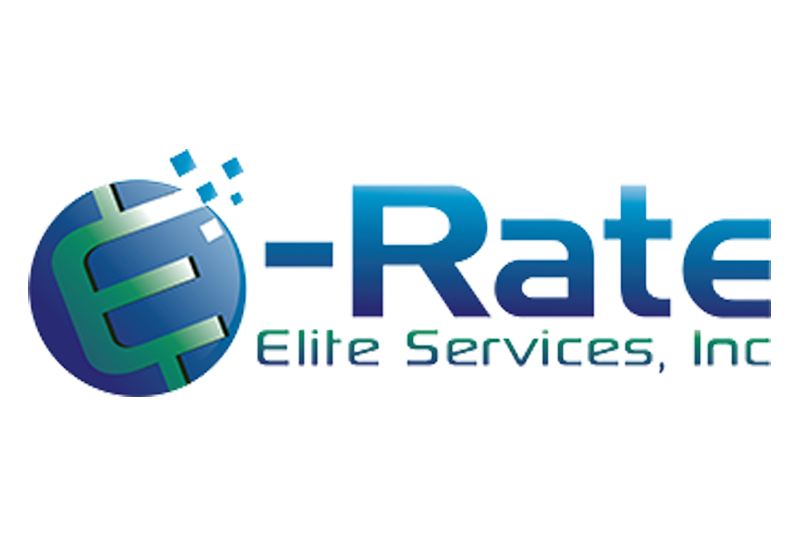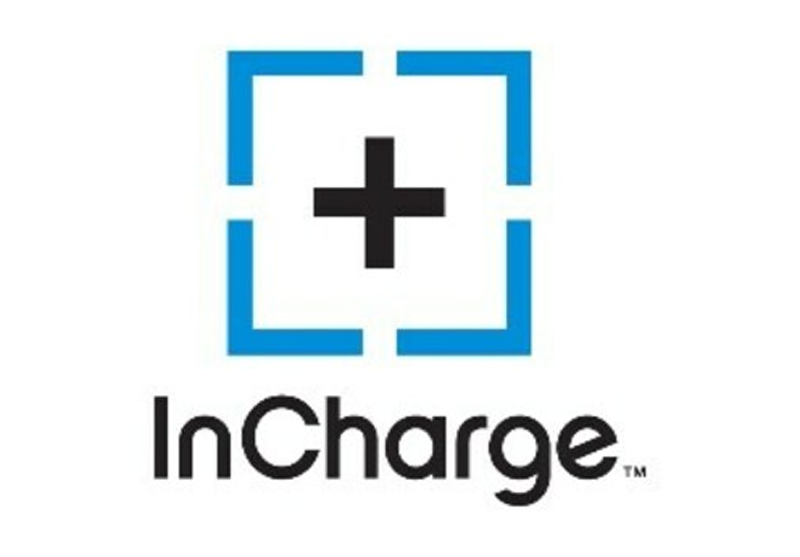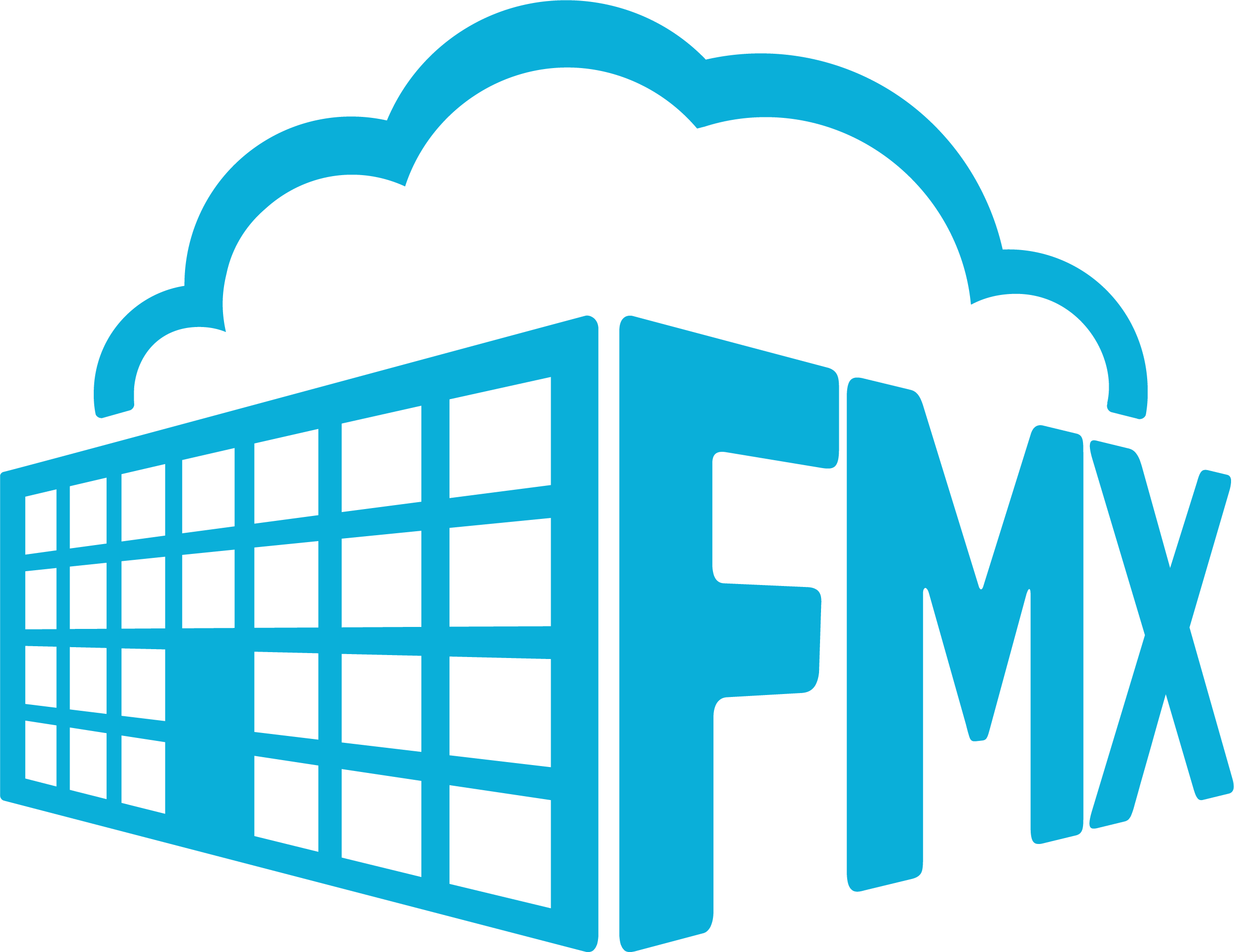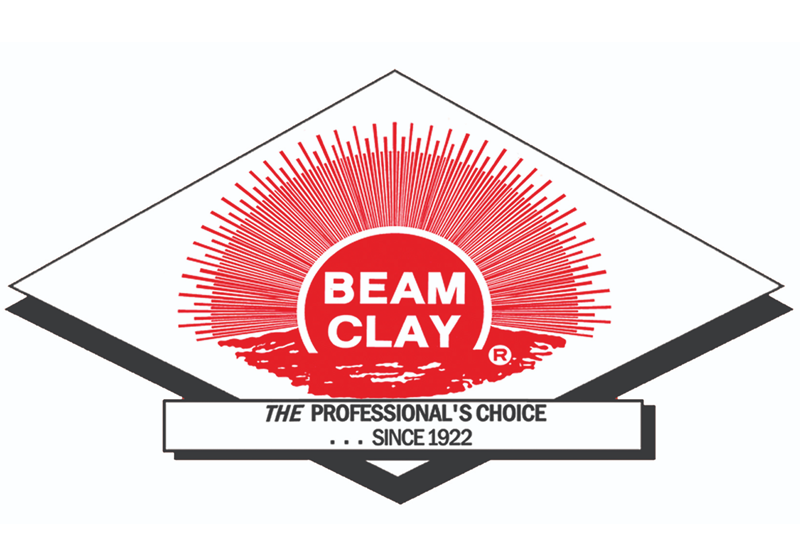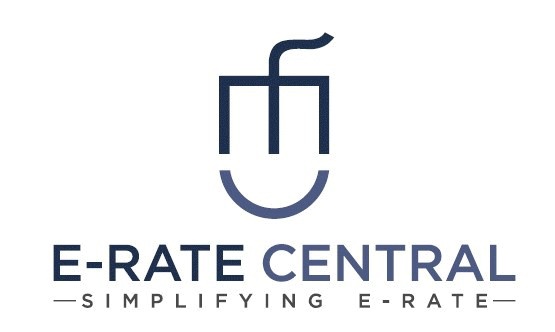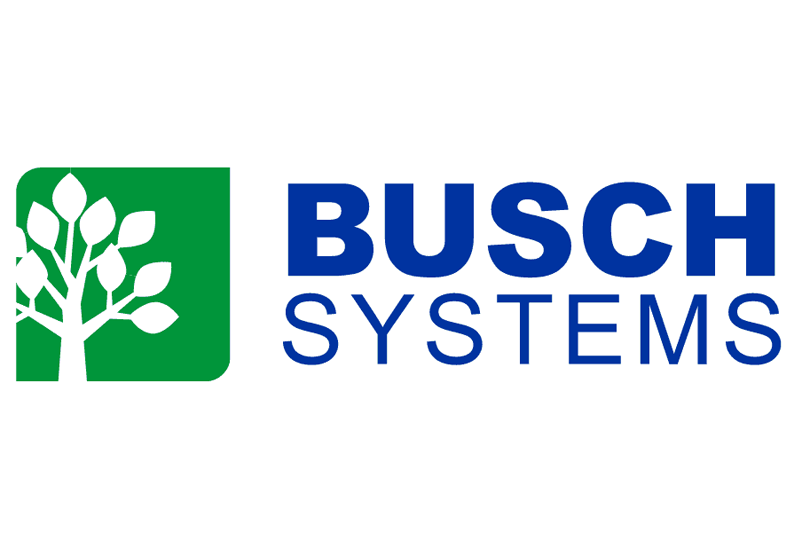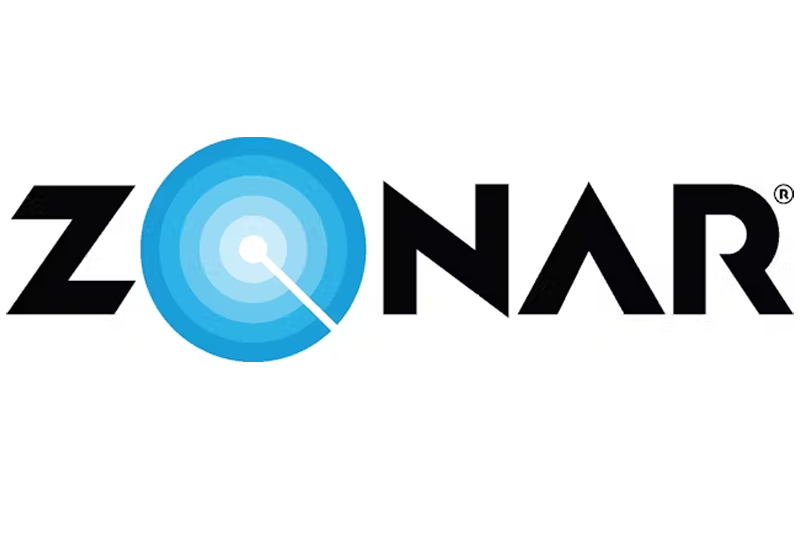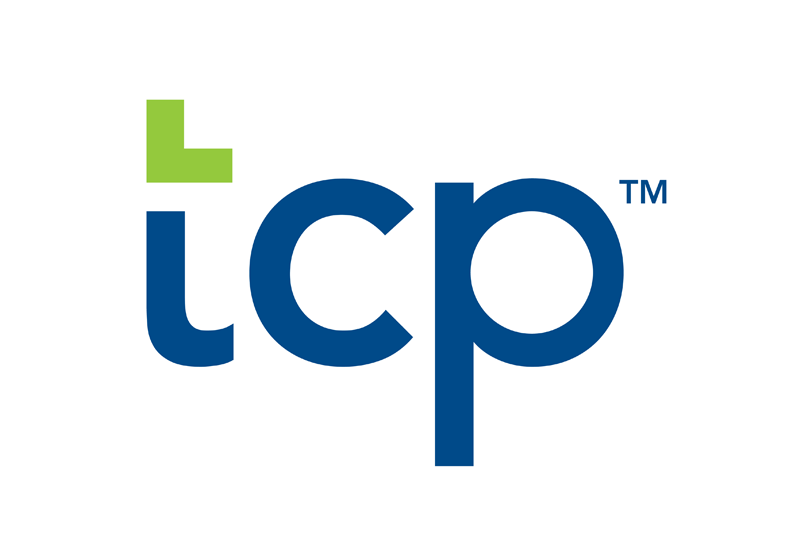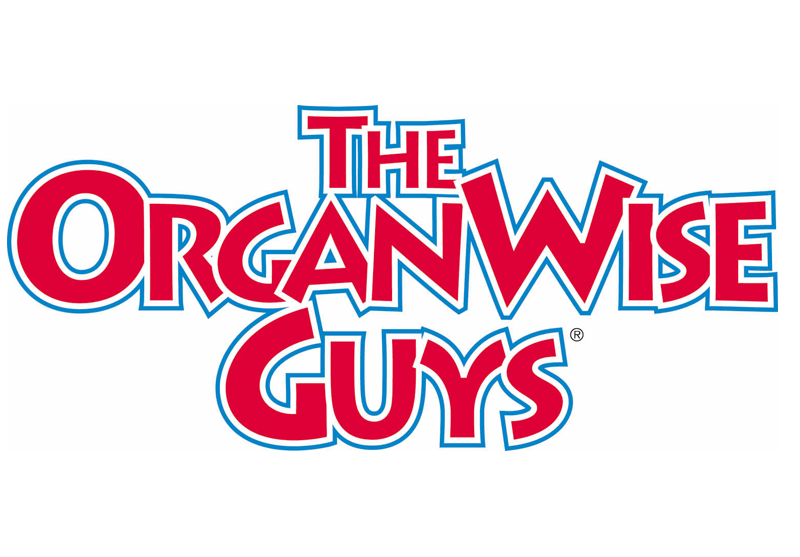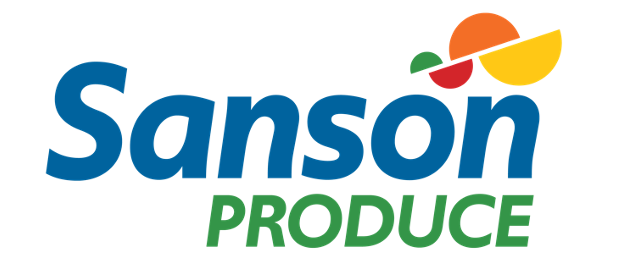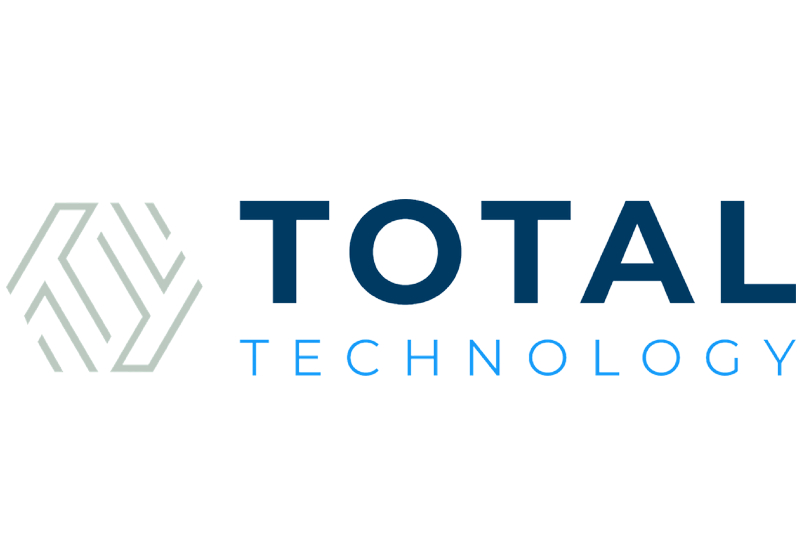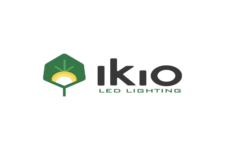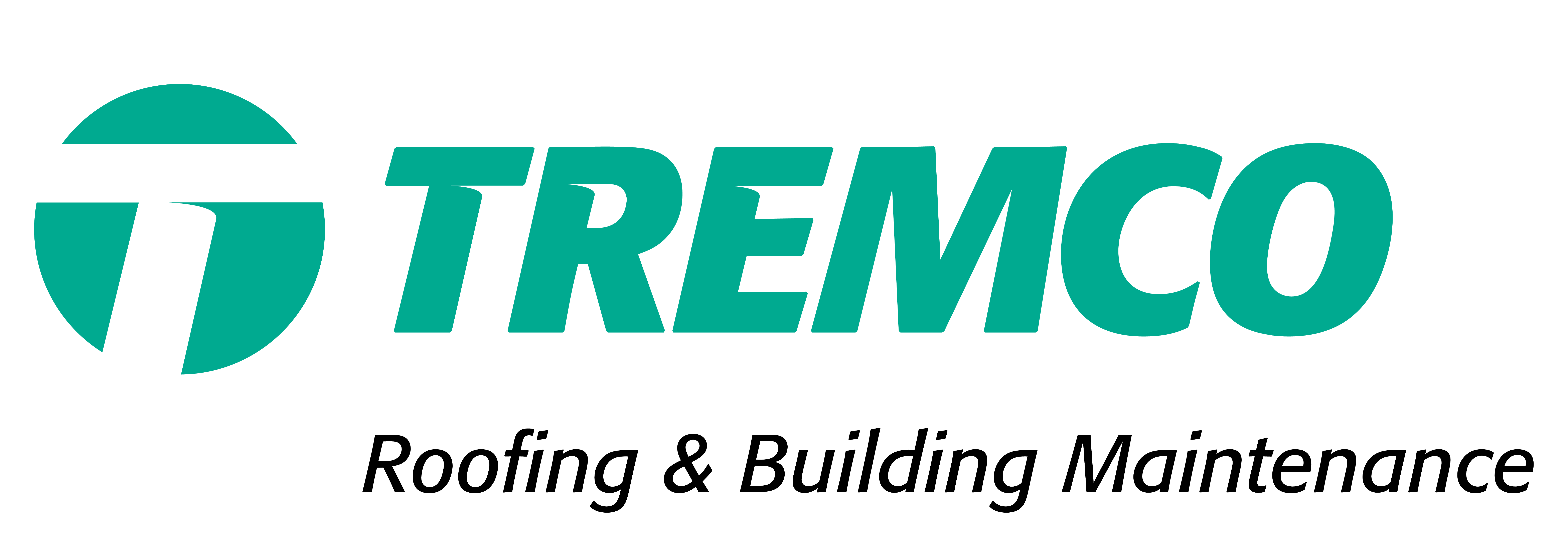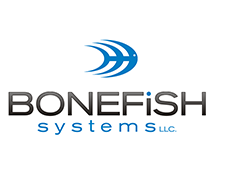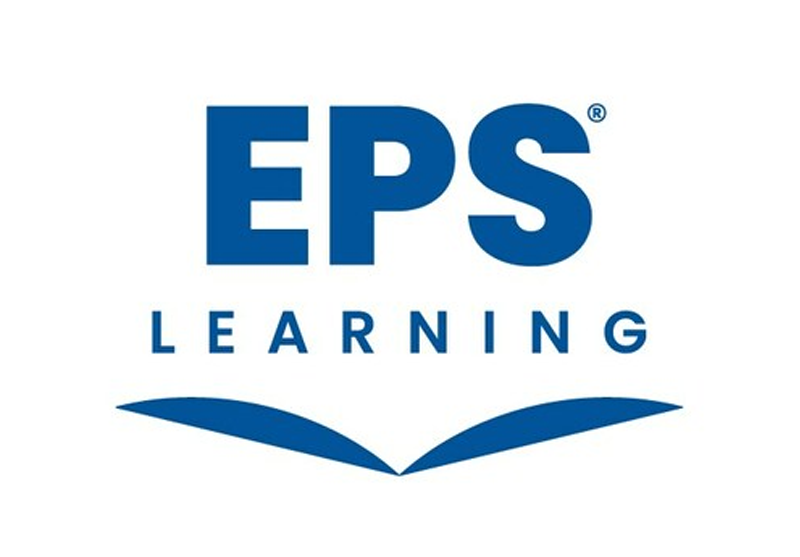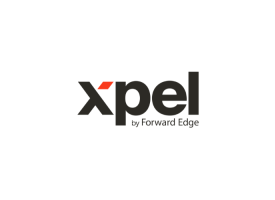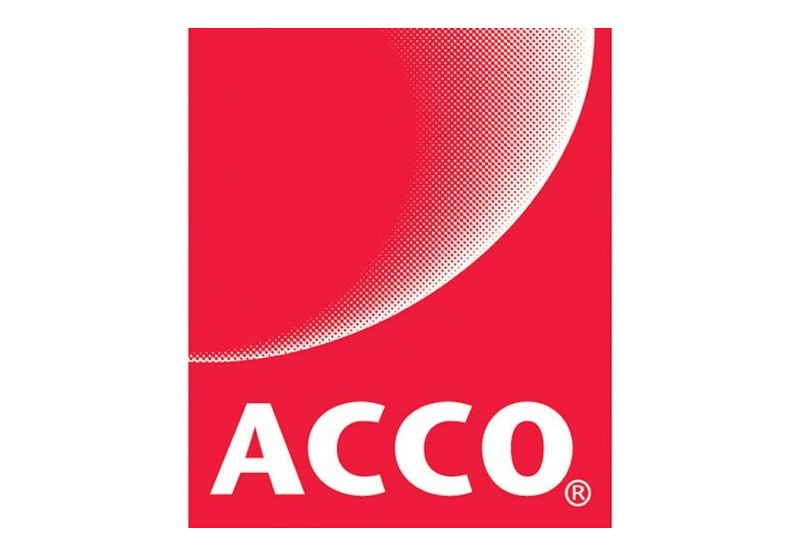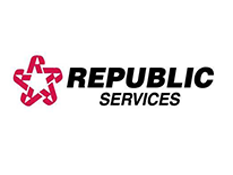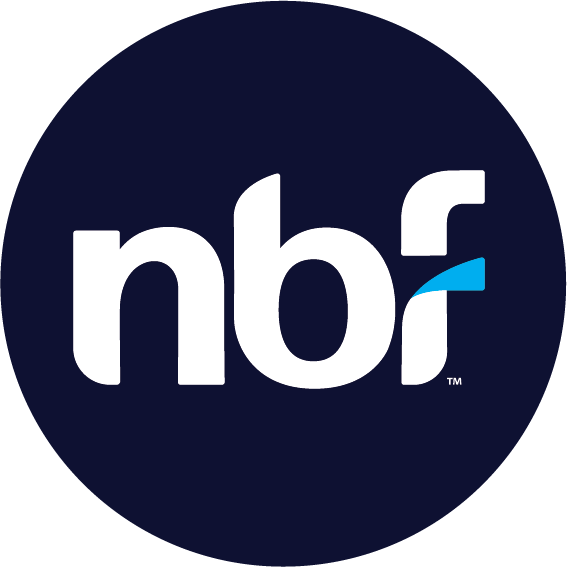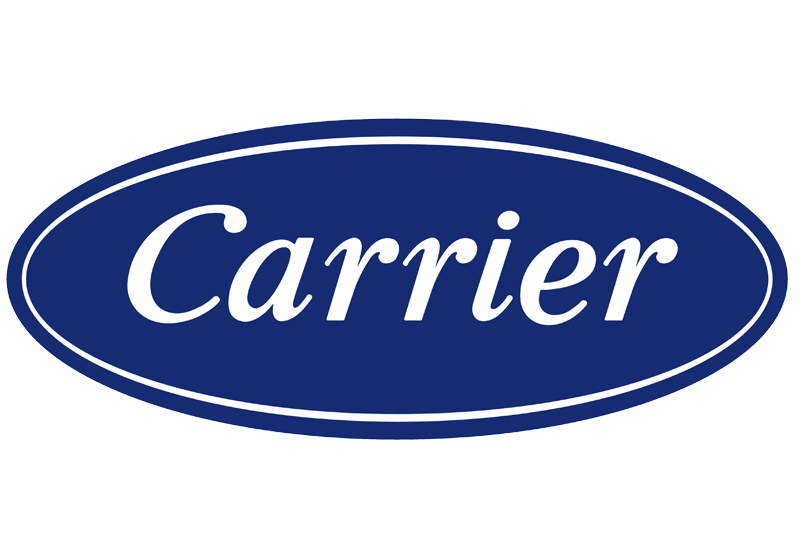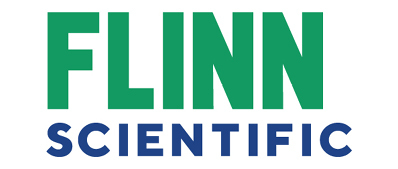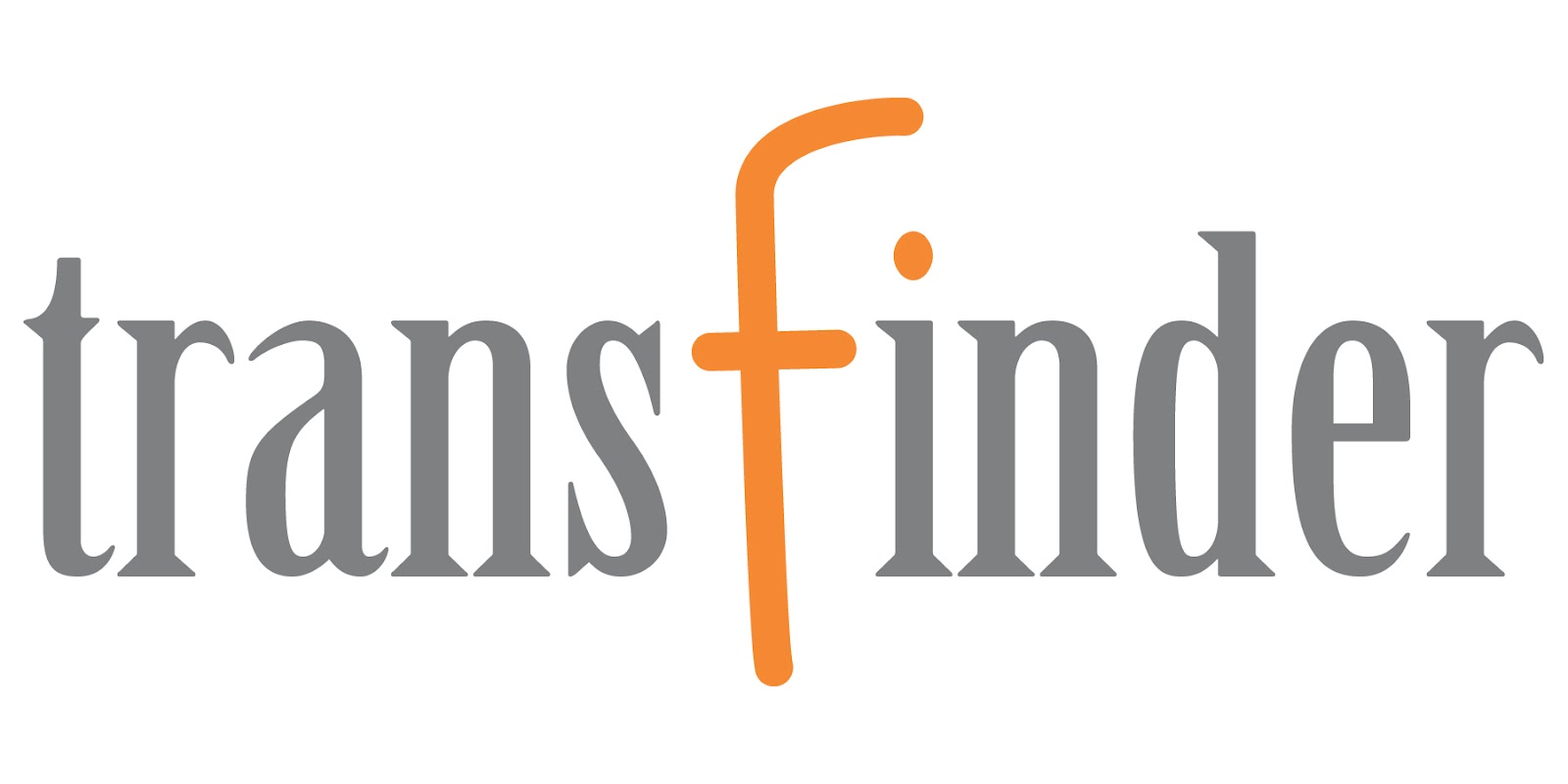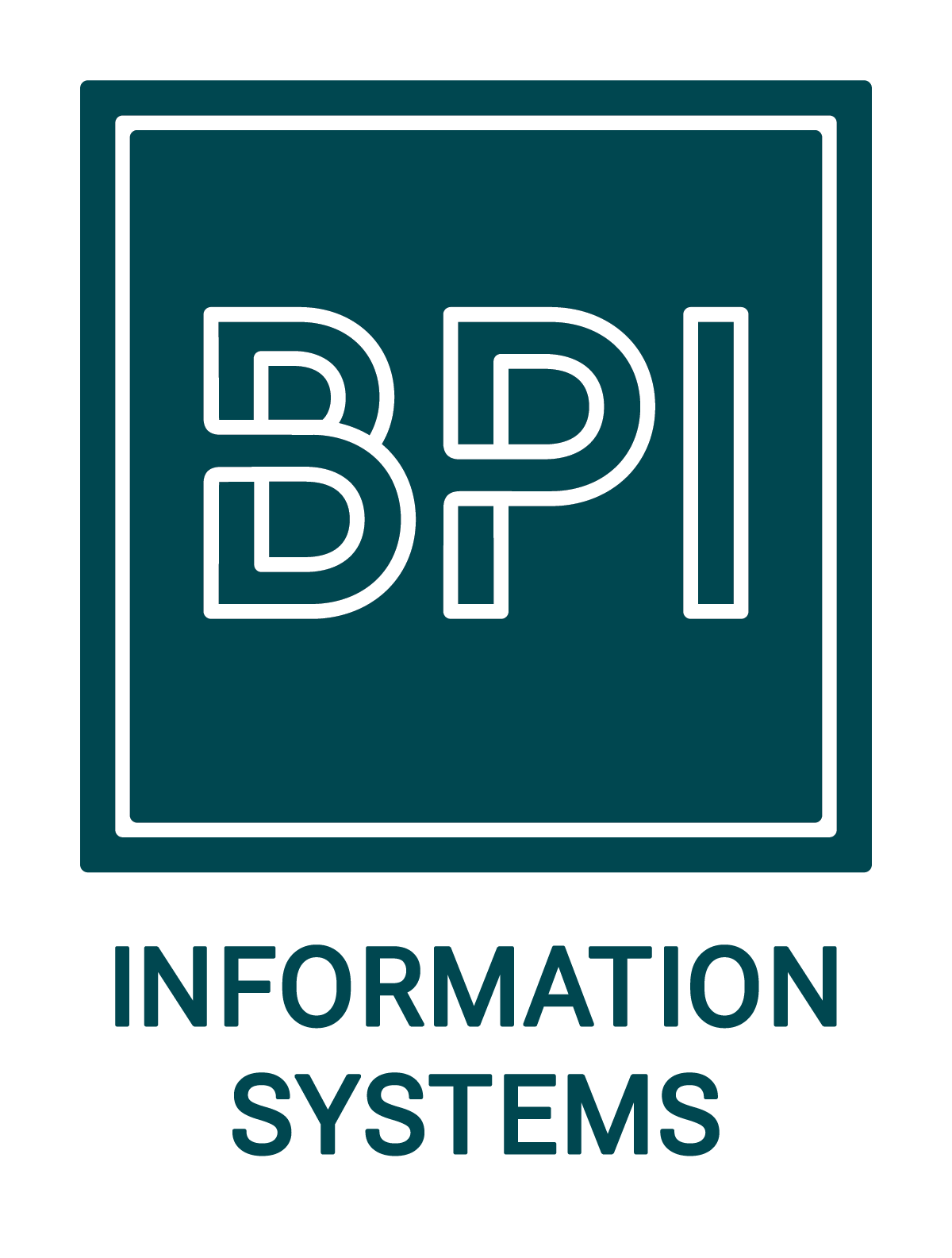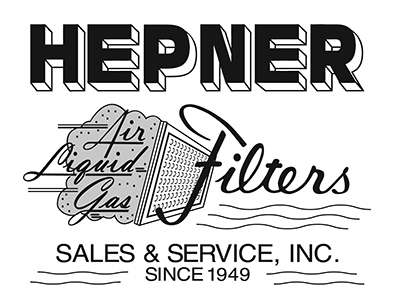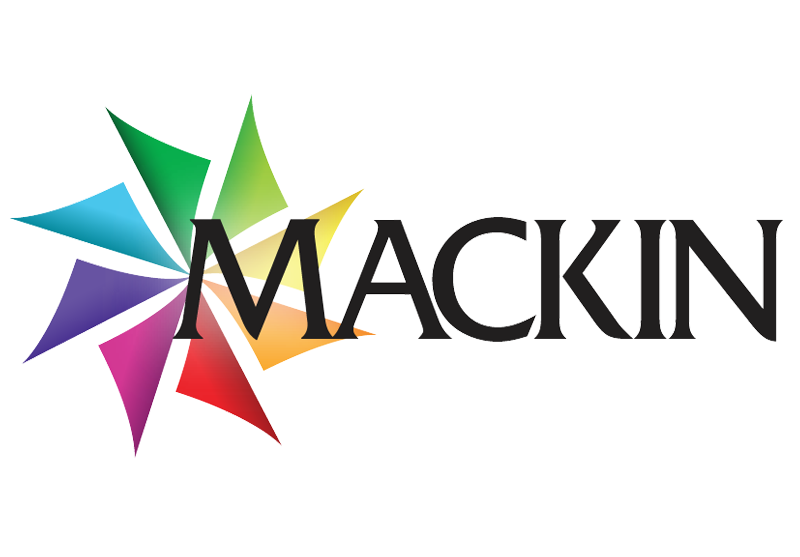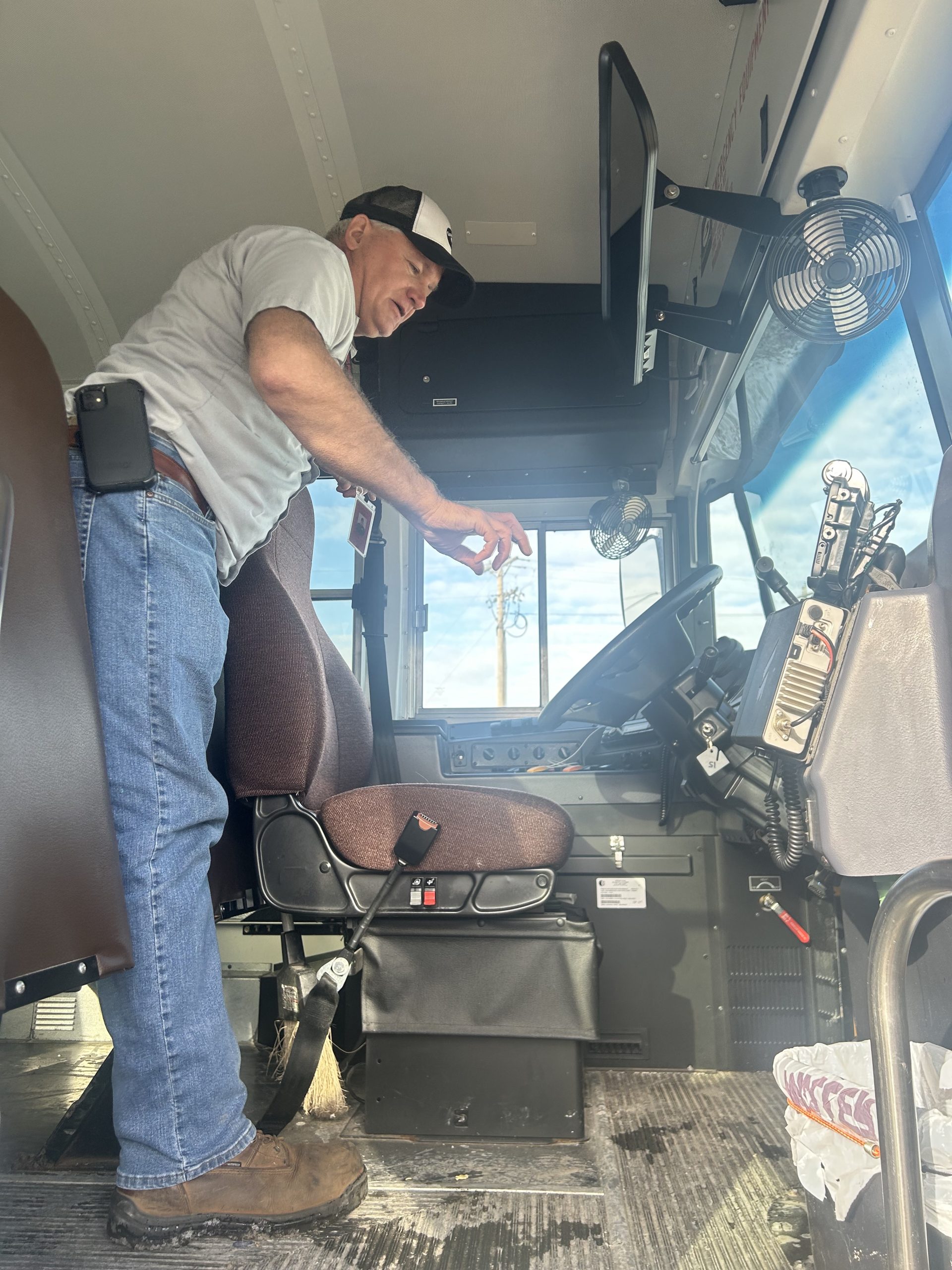
Ohio Schools Council Members Lead the Way in Propane Bus Adoption
In an effort to enhance efficiency, reduce emissions, and cut costs, Perrysburg Schools and New London Local Schools have made significant strides in transitioning their school bus fleets to propane. These districts are setting an example in Ohio for sustainable and fiscally responsible transportation solutions.
Perrysburg Schools: A Growing Fleet
With nearly 6,000 students and 28 square miles of coverage, Perrysburg Schools operates a fleet of 52 buses, 32 of which now run on propane. The district also houses its own propane fueling station, ensuring convenient access to fuel for daily operations.
The Decision to Go Propane
James Mapus, Executive Director of Operations at Perrysburg Schools, explained that persistent issues with diesel bus emissions played a significant role in the district’s decision to explore alternative fuels. “We were having a lot of problems with our diesel buses because of emissions. The buses themselves were in good shape, but the emission systems were constantly causing issues,” he said.
After researching available options, Mapus discovered that grant funding for alternative energy was often left unused. Seizing the opportunity, the district secured an Environmental Protection Agency (EPA) grant for its initial purchase of 12 propane buses, receiving $13,000 per vehicle. More recently, Perrysburg secured additional federal EPA funding, covering $25,000 per bus for 16 more propane vehicles, totaling $400,000 in grant funding.
Fuel and Maintenance Savings
Beyond grant funding, Perrysburg Schools has also experienced notable savings in fuel and maintenance costs. “We pay about $0.97 per gallon for propane, compared to $3.00–$3.25 for diesel. Plus, we only need oil changes every 10,000 miles,” Mapus noted. Unlike diesel engines, propane buses don’t require expensive emission fluids, reducing overall maintenance expenses.
While some districts express concerns about refueling options for long trips, Perrysburg has mitigated this challenge by contracting with AmeriGas. “If we have an overnight field trip, AmeriGas will either send a truck to us or direct us to a nearby refueling station,” Mapus said.
New London Local Schools: Leading the Charge with Alternative Fueled Buses
New London Local Schools, covering 86 square miles, has also taken a forward-thinking approach to transportation. Their journey began in 2022 when they became the first district in their area to introduce a propane-powered school bus. Today, they operate two propane buses out of their 13-bus fleet, with plans to convert the entire fleet to propane in the coming years.
Superintendent Brad Romano and Transportation Supervisor Dan Bailey, a certified master mechanic, emphasized the benefits of this transition. “When we looked at the numbers and the long-term benefits, the decision to go propane was clear,” said Romano. The district installed a permanent propane fueling station in the summer of 2023, reinforcing its commitment to alternative fuels.
Cost and Maintenance Advantages
While each propane-powered bus costs approximately $9,000 more than a traditional diesel bus, Romano emphasized that the benefits far outweigh the initial expense. “The fuel costs alone are a game-changer,” he said. “We’re paying $1.74 per gallon for propane compared to $3.50 per gallon for diesel. Over time, that adds up to substantial savings.”
Bailey noted additional maintenance advantages, stating that diesel buses require frequent fuel tank replacements, whereas propane buses come with a lifetime guarantee on their tanks. “That’s one less major expense we have to worry about,” he said.
Environmental Impact
Both Perrysburg and New London are reducing harmful emissions through their propane transition, setting a standard for other districts to follow. “We’re reducing emissions while supporting our tax base by cutting costs,” said Romano. “It’s a win-win for everyone.”
Leading by Example
By embracing alternative fuels, Perrysburg and New London Local Schools are demonstrating that innovation in education extends beyond the classroom. Their proactive strategies and commitment to sustainability serve as an inspiring example for districts across Ohio. “It’s a worthwhile investment,” said Mapus. “The savings, reliability, and driver satisfaction make it a great choice. And with more funding becoming available, now is the time for districts to take advantage of the opportunity.”






